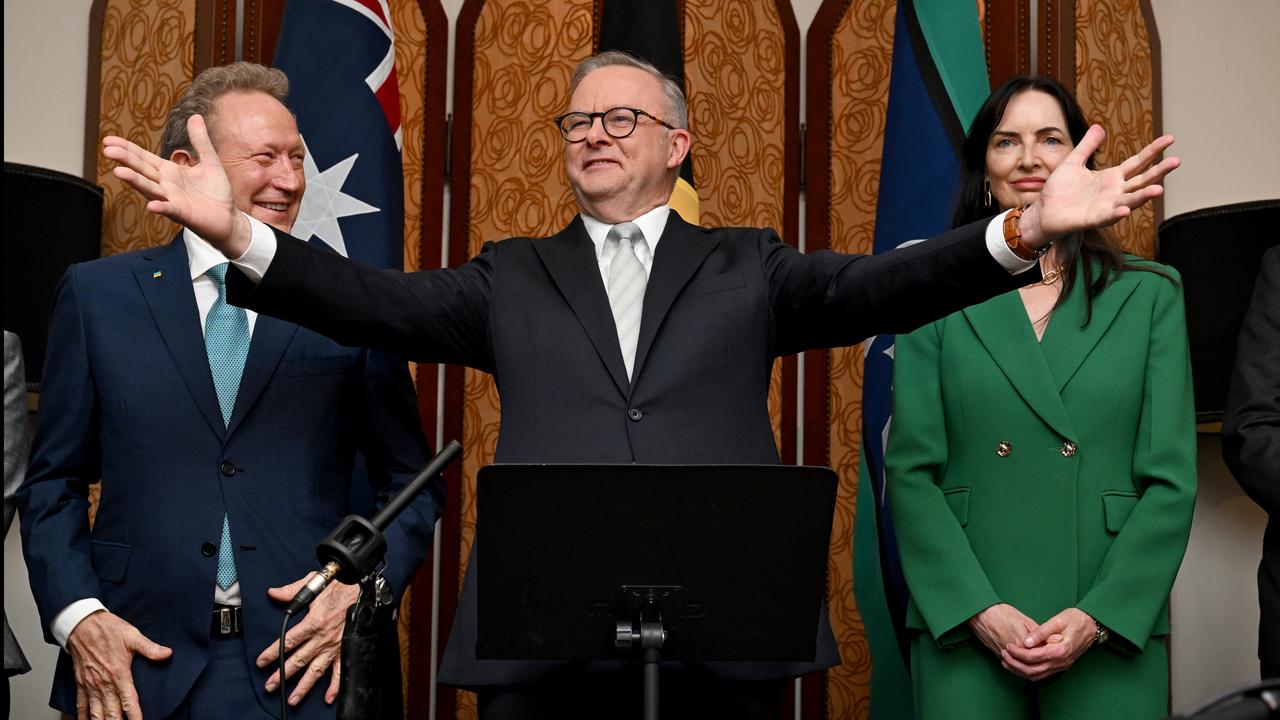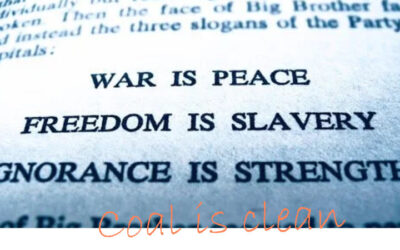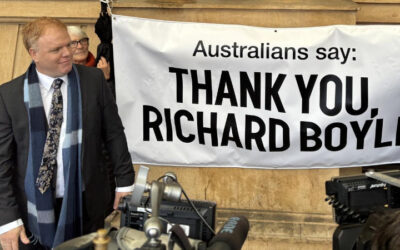Australia and China must work together on green steel, Prime Minister Anthony Albanese says, but political tensions threaten to get in the way.
Mr Albanese urged industry leaders from both nations to work together in developing low-carbon steel production at a roundtable of Australian iron ore producers and Chinese steelmakers in Shanghai on Monday.
Growing trade and business ties is the focus of the prime minister’s six-day tour of China, but tensions over military build-up, human rights and foreign investment remain distractions.
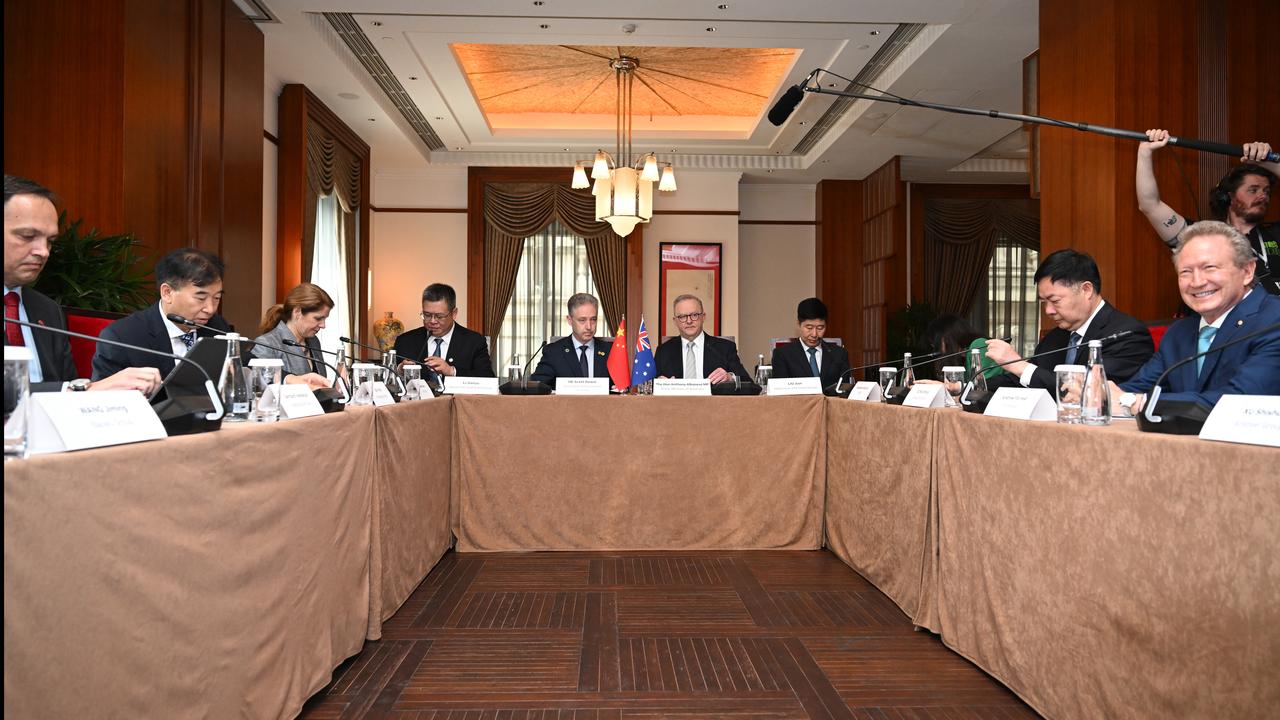
Speaking to a room of leaders from Australian mining giants Rio Tinto, BHP, Fortescue and Hancock, as well as Chinese steelmakers, Mr Albanese said both countries had major stakes in developing green steel.
“We want Australian iron ore to be part of the solution when it comes to lowering emissions and we understand that China wants that too, and that was reiterated today,” Mr Albanese told reporters.
“These discussions were an important step forward between our two nations.”
It’s hard to overstate the Australian economy’s dependence on the Chinese iron ore trade.
China is by far Australia’s largest export destination and iron ore is easily the largest component.
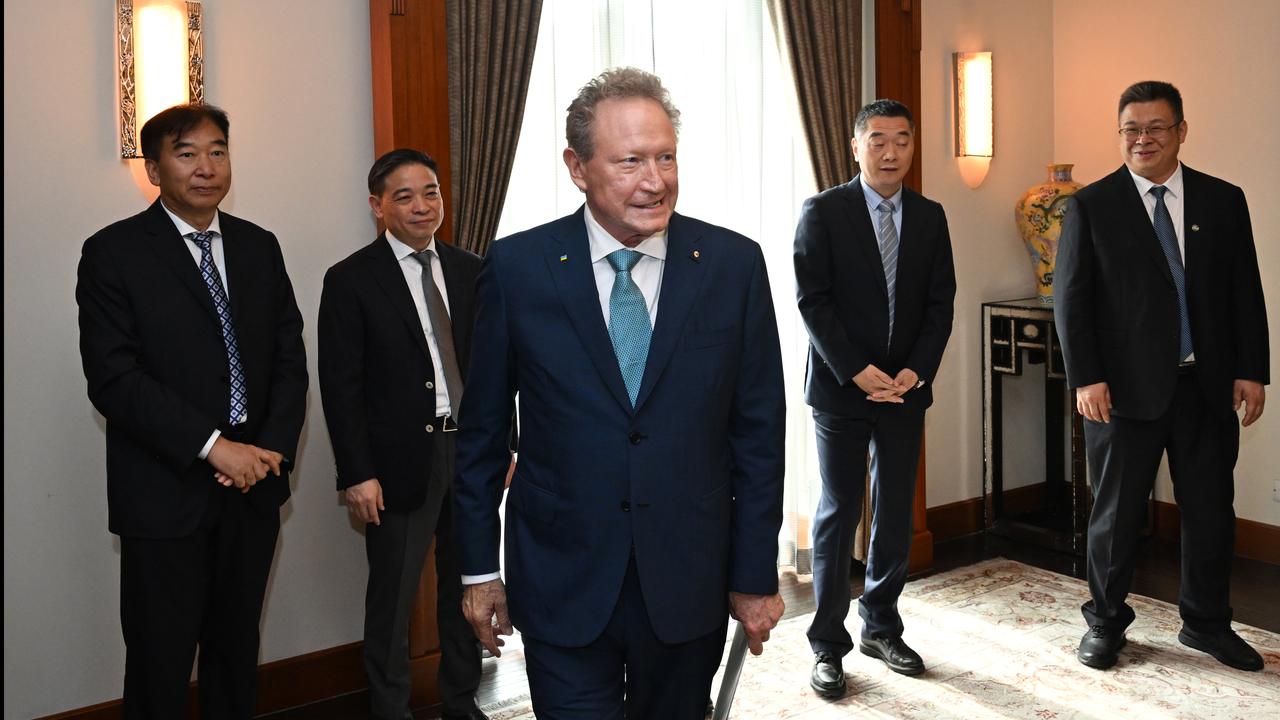
In 2024, Australia shipped $104.8 billion worth of the ferrous metal to China – about a sixth of the total value of exports to all trading partners.
Fortescue executive chairman Andrew Forrest said a bilateral agreement between China and Australia would generate a jobs boom in green iron and steel, which he forecasts would create hundreds of thousands of new jobs.
But he acknowledged military tensions were a “distraction” in the relationship.
“To really build up the strength of the bilateral relationship you need those strong friendships, that very real element of business: trust between each other,” Dr Forrest said.
“And yes, security becomes a distraction, but for us we’re head down, tail up, strengthening that bilateral relationship in the best interests of Australian employment for every Australian.”
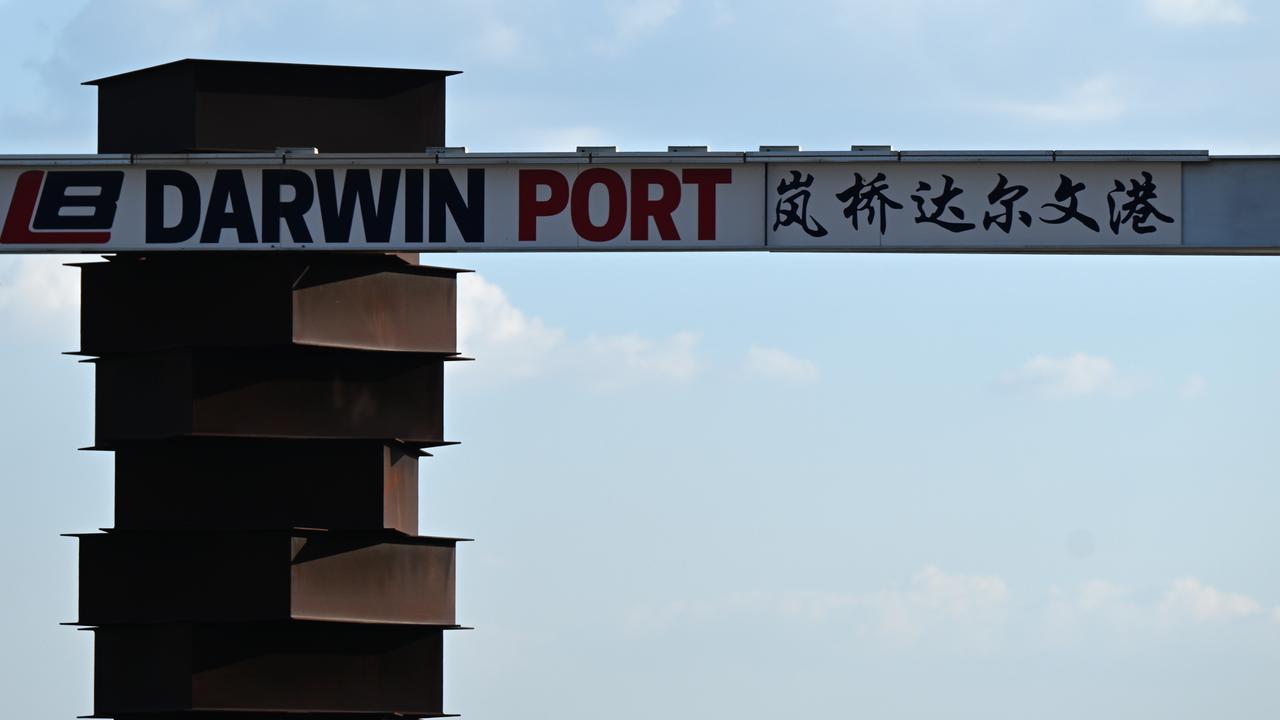
Security tensions bubbled to the surface at the weekend after revelations US Pentagon strategist Elbridge Colby had been pressing Australian and Japanese officials over what role they would play in a potential conflict with China over Taiwan.
It highlights the delicate balance awaiting Mr Albanese ahead of bilateral discussions with Chinese Premier Li Qiang and President Xi Jinping in Beijing on Tuesday.
The prime minister insisted he was not being distracted by the hawkish talk from his AUKUS partner, but security concerns undoubtedly cloud Australia’s economic engagement with China.
The Australian government’s plan to tear up a Chinese-owned company’s lease of Darwin Port over shifting geopolitical tensions will be broached as a point of contention in Mr Albanese’s discussions.
He insists economic co-operation can flourish despite ideological differences, but there’s no hiding the fact the two are intrinsically linked.
Chinese foreign direct investment in Australia has plummeted over the past decade amid tighter regulatory scrutiny from the federal government.
But Chinese capital will be crucial to building the capacity to produce green steel at scale.
“We, of course, as a country, depend upon foreign capital, and we welcome investment,” Mr Albanese said.
“We are a country that run an open economy.”
Before flying to Beijing, the prime minister delivered a speech to a high-level business lunch at the Peace Hotel.

(Lukas Coch/AAP PHOTOS)
Australian red meat, rock lobster and red wine were served at the lunch, three menu items that have found renewed favour in China after Beijing lifted trade sanctions on more than $20 billion worth of Australian imports.
Mr Albanese reiterated the importance of interpersonal relationships between Australian and Chinese business leaders and ongoing dialogue in maintaining positive relations.
“There is no fixed model for a stabilised relationship,” Mr Albanese said.
“Our job is to make sure that we manage our relationship so that we can contribute to regional and global peace and prosperity.”
Australian Associated Press is the beating heart of Australian news. AAP is Australia’s only independent national newswire and has been delivering accurate, reliable and fast news content to the media industry, government and corporate sector for 85 years. We keep Australia informed.
